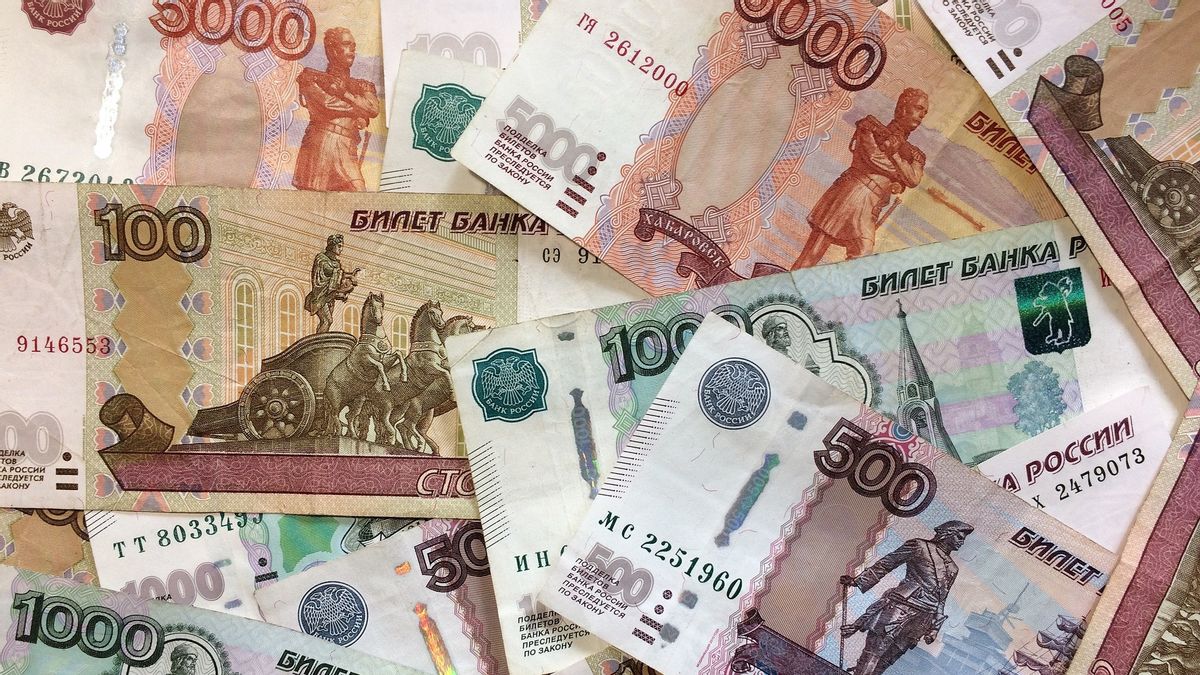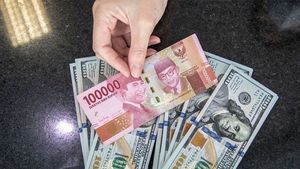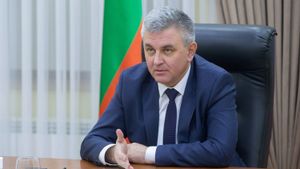JAKARTA - The steps of the United States (US) and a number of European Union countries to impose sanctions on Russia in line with the country's military invasion of Ukraine apparently caused a backfire among investors outside Russia.
This happened because with the various sanctions, Russian companies were forced to be unable to conduct transactions outside their country. In fact, not a few debt securities (bonds) from these companies are controlled by investors from the US and European Union countries.
Under these conditions, in the end, the activity of paying coupons for Russian companies' bonds to their holders, which had been smooth and undisturbed, has now stalled.
As reported by Reuters, Wednesday, March 23, Russian steel producer, Severstal, which is majority owned by Alexey Mordashov, has been sanctioned by the European Union to ban international transactions as of February 28, 2022. This condition made Severstal unable to fulfill its coupon obligations to its bondholders.
A similar case also happened to Evraz, a steel producer owned by businessman Roman Abramovich who was also subject to similar sanctions, so that he was forced to involve a paying agent to pay off his bond coupons which mature on March 21, 2022, after his financial activities were temporarily blocked by the Western Correspondent Bank.
A previous Bloomberg report also stated that the Chief Executive Officer of the fertilizer company EuroChem, Vladimir Rashevskiy, was forced to resign on March 16, 2022 after receiving similar sanctions from the European Union the day before. By resigning, Rashevskiy hopes that EuroChem's financial transactions will no longer be disrupted by the status of the sanctions he has received.
One of the impacts of a series of sanctions imposed by the US and others is to make the banking community more careful in order to avoid violating the rules. However, so far the coupons maturing on US dollar-denominated bonds are thought to have been processed by intermediary banks under an interim license issued by the US Office of Foreign Assets Control (OFAC).
JPMorgan notes that Russian corporations have nearly $100 billion in outstanding hard currency bonds, more than double the $40 billion Russian sovereign debt owes on international bond markets. More than 50 percent of outstanding corporate bonds are issued by state-run companies, with a heavy bias towards oil and gas companies.
The English, Chinese, Japanese, Arabic, and French versions are automatically generated by the AI. So there may still be inaccuracies in translating, please always see Indonesian as our main language. (system supported by DigitalSiber.id)













